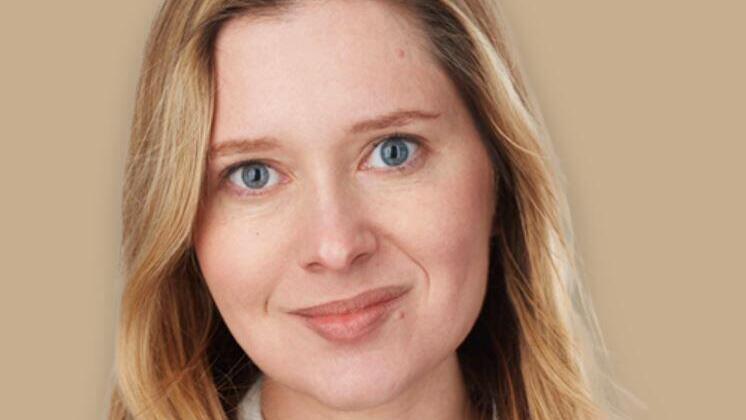Getting your Trinity Audio player ready...
The Dan David Prize on Tuesday named Katzrzyna Person among nine historians receiving the 2024 prize. Each will be given $300,000 to advance their research. Person studied the underground Jewish archive kept in the Warsaw Ghetto during the Holocaust. She attempted to answer how atrocities are remembered and who and why in society chooses to silence them.
"By using often-overlooked sources, she is able to bring into scholarship some very difficult stories of death and survival, including those of women, children, people deemed to be “collaborators”, deportees and refugees, presenting a broader, fuller story of the Holocaust and its aftermath than what was previously known." The Dan David Prize website reads.
Person is the deputy director of the Warsaw Ghetto Museum and has worked at the Wiesenthal Institute for Holocaust Studies in Vienna and at Yad Vashem among other institutes.
The Dan David Prize board said it recognized work that “illuminates the past in bold and creative ways.” in the awards ceremony already took place in Italy.
“To decode the complexities of the present and face future challenges, we need to first of all better understand our past,” said Ariel David, a board member of the prize and the son of its founder, Romanian businessman Dan David. “By using innovative methods and source materials, our winners have offered us precious new historical insight.”
This year’s names include Keisha Blain from Brown University, a historian of the 20th century United States and a columnist with MSNBC, and Cat Jarman, an archaeologist and historian.
Blain’s research focuses on the roles working-class Black women played in the U.S. civil rights movement. Jarman uses scientific techniques such as carbon dating and DNA analysis to tell stories about groups like the Viking armies and English kings.



